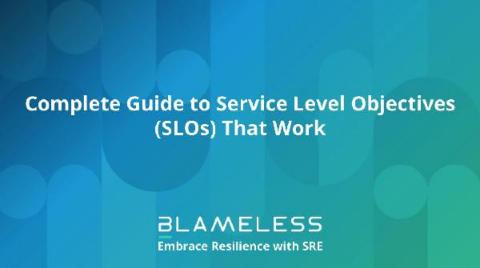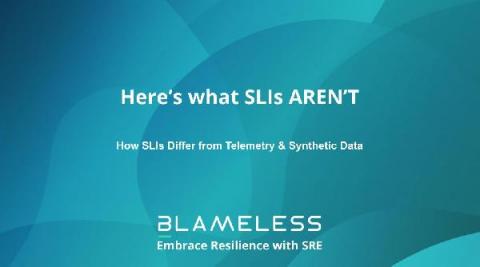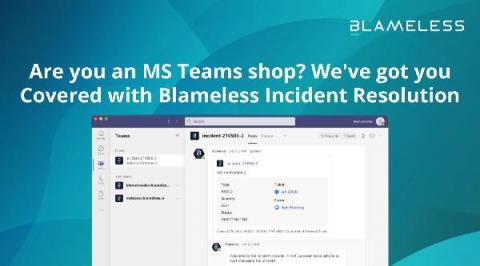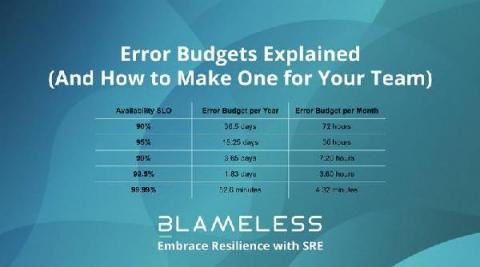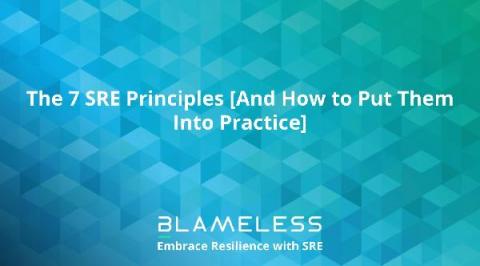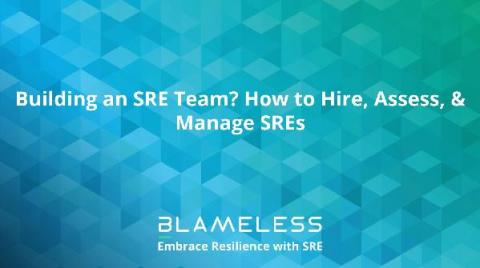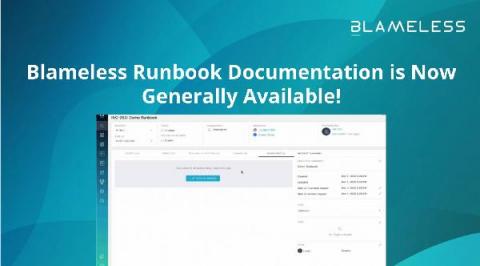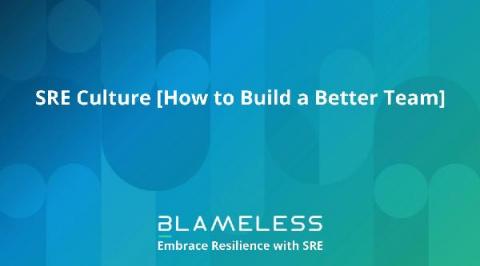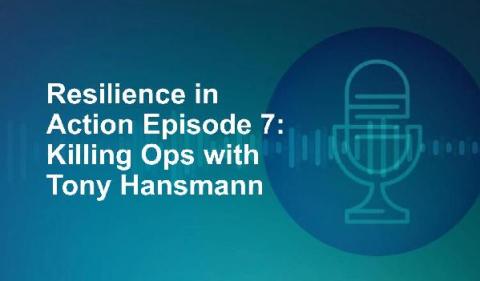SREview Issue #14 June 2021
Hoping you're headed towards a fun summer season and some time without masks. Let's avoid a new kind of tan-line! This newsletter shares useful industry content and an exciting Blameless product announcement. Find our fave tweets and events in the SRE and resilience engineering community. We're hiring! Check out the job openings here.



